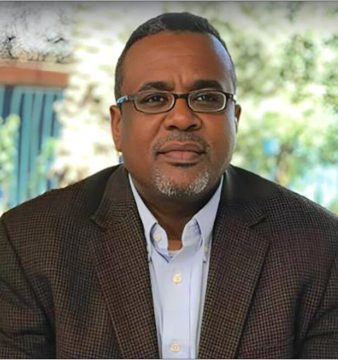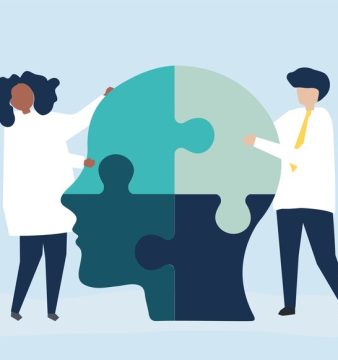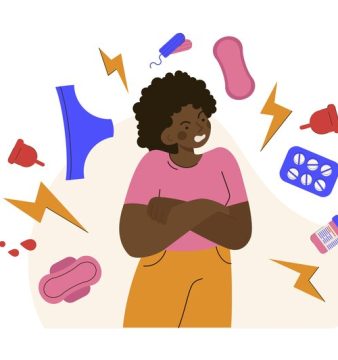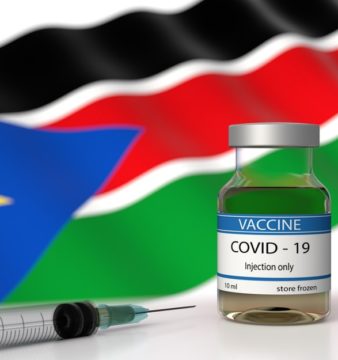The Reality of Self-Care in Sudan
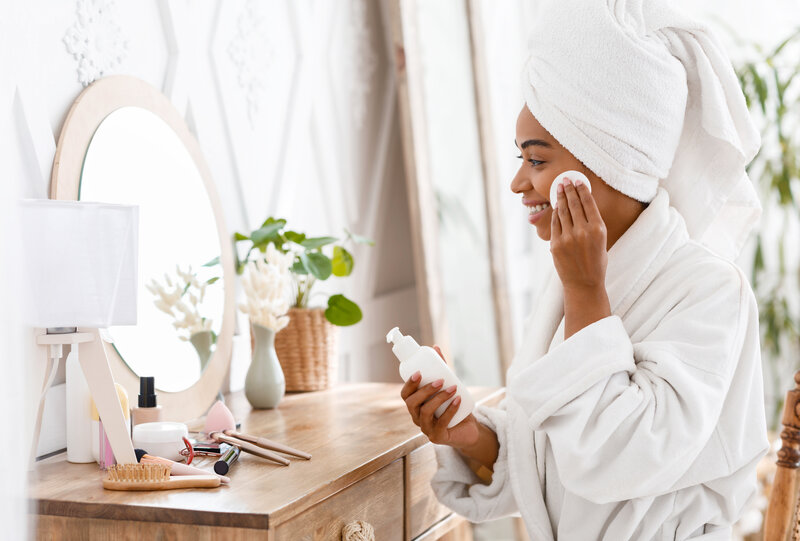
From salt water foot soaks, bath bombs and scented candles to getting yourself out of bed in the morning or opening a savings account, the term self-care describes a broad spectrum of various activities.
As our well-being as Sudanese citizens is constantly being affected by everyday life stressors, including economic and political instability, the pandemic, and the fragile healthcare sector, and various other challenges, self-care has become more vital than ever.
Experts describe self-care as the practice of consciously doing things that preserve or improve one’s physical or mental health.
It possibly includes any form of activity such as playing an instrument, reading the paper, going to the spa, learning a new skill, or traveling. Simpler self-care activities include focusing on breathing and breathing fresh air, taking a hot warm shower, stare at the sky, listen to music, or sit and enjoy outdoors. No matter what it is, if it contributes to a better quality of the moments your living, or even makes them better or slightly more tolerable, then it is considered self-care.
The question of how to practice self-care is an important one because there isn’t one fixed answer, it differs from one person to another.
What one finds relaxing could be stressful to someone else, depending on their personality and preferences. So how can we practice self-care when we’re not even sure what would serve us and what would not?
The answer is in asking yourself how you are doing, listening to what your body is asking for, taking the time to visualise what your dream would be like and writing down how you think living it would make you feel, then matching these feelings with activities that would create similar feelings even if at smaller scales. This could give you an insight into the type of activities you might want to look into.
Self-care/self-reflective questions to ask yourself daily:
Am I using my time wisely?
Am I taking anything for granted?
Am I employing a healthy perspective?
Am I living true to myself?
Am I waking up in the morning ready to take on the day?
Am I thinking negative thoughts before I fall asleep?
Am I putting enough effort into my relationships?
Am I taking care of myself physically?
Am I letting matters that are out of my control stress me out?
Am I achieving the goals that I’ve set for myself?
What matters most in my life?
What am I doing about the things that matter most in my life?
Source: Positive Psychology
It’s no argument that self-care is vital, yet many wonder how realistic is it to practice it in Sudan, a country where everyday life presents with indescribable challenges for many – challenges that make it difficult to make ends meet, or make however small or big the task is, 10 times more difficult and draining to accomplish.
When discussing self-care with different people, it became apparent that many of them view self-care as a privilege that they don’t think they can afford.
For Amina Idrees, a 29-year-old employee at a local telecom company with all the things she must take care of, it’s impossible for her to find time for herself and if she does find the time, she’d rather spend it getting chores and tasks completed.
Maha Mohamed, a 40-year-old mother of three and pharmacist nearly chuckled when asked about what she does for self-care. She answered by asking if it was even possible to do so.
Mohamed Omar, a 32-year-old mechanical engineer, sees that the only time he feels like he’s doing something for himself is when he meets up with his friends for a soccer match. He wishes he could afford to do that more often.
Idrees, Mohamed and Omar are not alone. There are hundreds and maybe thousands of Sudanese including myself that feel the same in our current lives.
It is natural for the environment in which we live to affect our mindset, perspective and shift our thoughts and feelings in the direction of the challenges we and the people around us go through.
However, Sudan’s challenging environment isn’t the only thing affecting us. There is also our brain’s tendency to give weight and focus on the hardships and negativities. These two factors together can make us view things such as self-care or even leisure as luxuries or privileges, leaving it at the bottom of our list of priorities.
However, what we seem to have forgotten is that self-care is not just an auxiliary. It’s an essential part of the answer to how we can all better cope with daily stressors in the middle of the chaos we are living. It’s what could help us be more resilient or/and more capable of performing our daily tasks more efficiently. Furthermore, it lowers stress, anger, and anxiety levels, which further serves and improves mental health.
It is important to understand that self-care should not only be a treat that we resort to when we are overwhelmed or exhausted. It should be integrated into our lifestyles to prevent us from feeling drained and exhausted in the first place.
The reality of self-care is not only what social media portraits with cute pictures, bath bombs, and spas. That is not what it is. There are other sides of self-care that are not always pretty. Sometimes, it is hard work, doing things that we might find intimidating. Sometimes, it can also be the hardest we have to do. Sometimes, it is simply letting your regular self be.
The next time you feel like cancelling or postponing that phone call with a friend you love because you would rather be working, skipping lunch because you have no time to eat, or even canceling the Friday night dinner you were looking forward to, remember that these are not luxuries but necessities. These are things you should invest in for yourself, so that you could feel better and do better, for yourself and your loved ones.

Sara Mohieldeen is a 20-year-old medical student in Khartoum. She is an amateur writer who is passionate about seeking knowledge and aims to learn to the fullest, share knowledge and inspire positive change in her community and surroundings.

